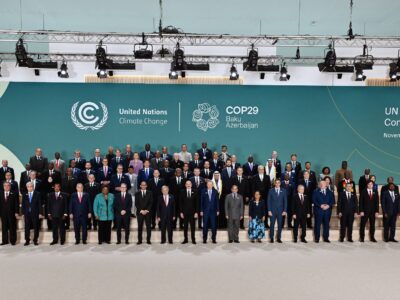The Maldives is experiencing a water crisis as the sea level continues to rise and seep into its potable water reserve. As the Maldives and China become closer, the latter delivers 1,500 tonnes of water in order to alleviate the Maldives’ water crisis.







Comments